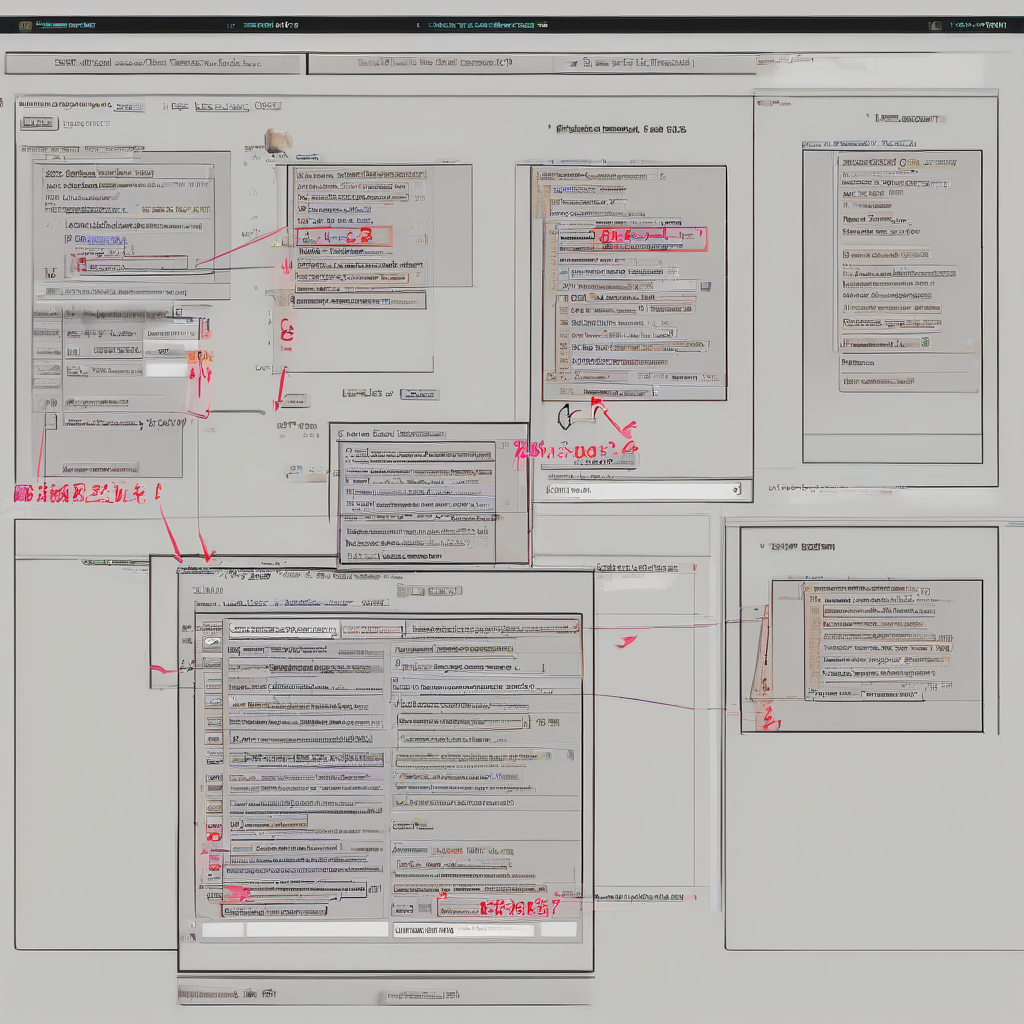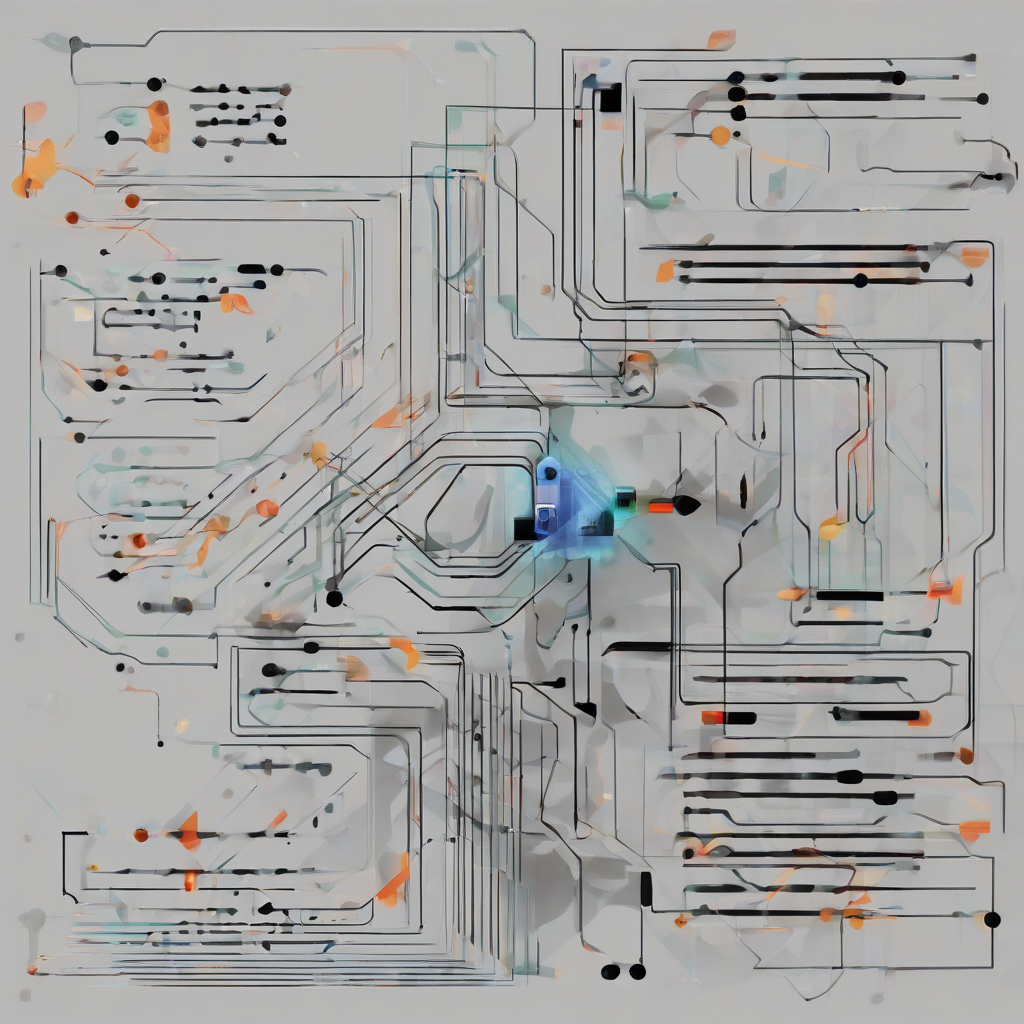Unlock Your Potential: The Ultimate Guide to Online Cybersecurity Degrees
The digital landscape is ever-evolving, making cybersecurity a critical and increasingly in-demand field. A degree in cybersecurity, especially one earned online, offers a flexible and accessible pathway to a rewarding career protecting vital data and infrastructure. This comprehensive guide delves into the intricacies of online cybersecurity degrees, exploring various program options, career prospects, and the essential considerations for prospective students.
Why Choose an Online Cybersecurity Degree?
- Flexibility and Convenience: Online learning offers unparalleled flexibility, allowing you to study at your own pace and schedule, fitting your education around your existing commitments.
- Accessibility: Geographic location is no longer a barrier. Students from anywhere in the world can access high-quality cybersecurity education.
- Affordability: Online programs often come with lower tuition fees and reduced living expenses compared to traditional on-campus programs.
- Specialized Focus: Many online programs offer specialized tracks, allowing students to concentrate on areas such as ethical hacking, network security, or cryptography.
- Practical Application: Many online cybersecurity programs incorporate hands-on labs and simulations, providing real-world experience.
Types of Online Cybersecurity Degrees
Several types of online cybersecurity degrees cater to various educational backgrounds and career goals:
Associate’s Degree in Cybersecurity
- Provides a foundational understanding of cybersecurity principles.
- Typically takes two years to complete.
- Excellent stepping stone to a bachelor’s degree or entry-level cybersecurity positions.
Bachelor’s Degree in Cybersecurity
- Offers a comprehensive education in various cybersecurity domains.
- Usually takes four years to complete.
- Prepares graduates for a wide range of cybersecurity roles.
- May include specializations like network security, digital forensics, or security management.
Master’s Degree in Cybersecurity
- Develops advanced knowledge and skills in specialized cybersecurity areas.
- Typically takes one to two years to complete.
- Often requires a bachelor’s degree in a related field.
- Prepares graduates for senior-level cybersecurity positions and research roles.
Graduate Certificates in Cybersecurity
- Focus on specific cybersecurity topics, such as incident response or cloud security.
- Shorter and more focused than a master’s degree.
- Ideal for professionals seeking to upskill or specialize in a particular area.
Choosing the Right Online Cybersecurity Program
Selecting the right online cybersecurity program requires careful consideration of several factors:
- Accreditation: Ensure the program is accredited by a reputable organization, guaranteeing the quality of education and increasing career prospects.
- Curriculum: Review the curriculum carefully, paying attention to the topics covered and the teaching methods used. Look for programs that incorporate hands-on learning and practical exercises.
- Faculty Expertise: Research the faculty’s credentials and experience. A strong faculty with industry connections can significantly enhance your learning experience.
- Career Services: Investigate the career services offered by the institution, such as job placement assistance and networking opportunities.
- Program Structure and Delivery: Consider the program’s format (synchronous or asynchronous), the level of student support, and the technology used for learning.
- Cost and Financial Aid: Compare the tuition fees and explore available financial aid options, such as scholarships and grants.
- Program Reviews and Rankings: Read reviews from past students and consult program rankings to gain insights into the program’s quality and reputation.
Essential Skills for Cybersecurity Professionals
A successful career in cybersecurity requires a combination of technical and soft skills. Online programs should equip students with:
- Networking Fundamentals: Understanding network protocols, topologies, and security mechanisms.
- Operating Systems Security: Expertise in securing various operating systems, including Windows, Linux, and macOS.
- Database Security: Knowledge of database security principles and best practices.
- Cryptography: Understanding encryption, decryption, and other cryptographic techniques.
- Ethical Hacking and Penetration Testing: Ability to simulate attacks to identify vulnerabilities.
- Incident Response: Skills in handling security incidents and breaches.
- Security Auditing and Compliance: Understanding security standards and conducting audits.
- Risk Management: Assessing and mitigating cybersecurity risks.
- Problem-solving and Analytical Skills: Ability to analyze complex security issues and develop effective solutions.
- Communication Skills: Effectively communicating technical information to both technical and non-technical audiences.
- Teamwork and Collaboration: Working effectively with other cybersecurity professionals.
Career Paths After Obtaining an Online Cybersecurity Degree
Graduates with an online cybersecurity degree can pursue a wide range of exciting and lucrative career paths:
- Security Analyst: Identifying and mitigating security threats.
- Penetration Tester: Simulating attacks to identify vulnerabilities.
- Security Engineer: Designing and implementing security systems.
- Cybersecurity Architect: Designing and implementing the overall security architecture of an organization.
- Forensic Analyst: Investigating cybercrimes and recovering digital evidence.
- Security Manager: Overseeing the security operations of an organization.
- Compliance Officer: Ensuring compliance with security regulations.
- Cloud Security Engineer: Securing cloud-based systems and applications.
- Information Security Manager: Responsible for the overall security posture of an organization.
Staying Updated in the Dynamic Cybersecurity Landscape
The cybersecurity field is constantly evolving, with new threats and technologies emerging regularly. Continuous learning is essential for maintaining a competitive edge. Professionals can stay updated by:
- Pursuing certifications: Obtaining industry-recognized certifications, such as CompTIA Security+, CISSP, or CEH, demonstrates expertise and enhances career prospects.
- Attending conferences and workshops: Networking with peers and learning about the latest trends and technologies.
- Reading industry publications and blogs: Staying informed about the latest security news and best practices.
- Participating in online communities and forums: Engaging with other cybersecurity professionals and sharing knowledge.
An online cybersecurity degree offers a flexible, accessible, and affordable pathway to a rewarding career in a high-demand field. By carefully considering program options, developing essential skills, and committing to continuous learning, individuals can unlock their potential and become successful cybersecurity professionals.




